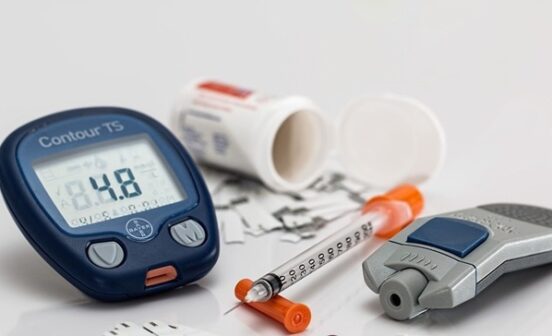DeviceDiagnosticInnovationPreventionTherapeutic DnaNudge app released to help shoppers make healthy food choices

Type 2 diabetes affects three million people in the UK and costs the NHS £11 billion a year. Research shows that it can be prevented with a healthy diet, regular exercise, and weight loss. In the first study of its kind, researchers from the NIHR Imperial BRC, Imperial start-up company DnaNudge, and Waitrose & Partners, are launching a clinical trial to investigate the effects of DNA-personalised food choices on health outcomes for people with pre-diabetes. The study will be undertaken at the NIHR Imperial Clinical Research Facility.
The aim of this study is to encourage healthier eating in individuals with pre-diabetes by informing users through an app whether any given food item is or is not compatible with their DNA and metabolism. For example, a person with high blood pressure who scans a bag of crisps might be offered low salt options instead of high salt options. Professor Nick Oliver (Principal Investigator in the NIHR Imperial BRC Metabolic Medicine & Endocrinology Theme; Wynn Chair in Human Metabolism), said: “The potential for improving public health is very exciting, and we’re looking forward to examining the results from this world-first study and to embark on the first phase of a public roll-out of our solution.”
The researchers will follow up with app users to see whether their pre-diabetes has become worse, stayed the same, or improved, and will consider the app’s role in these outcomes.
Professor Chris Toumazou (NIHR Imperial BRC Genetics & Genomics Theme, Regius Professor of Engineering and CEO of DnaNudge), said: “We are very pleased to be supported by Waitrose & Partners as a key partner in this research, which we hope will represent a landmark in harnessing DNA-based food choices for transforming global health.”
Read the full story by Caroline Brogan, Imperial College London here.






